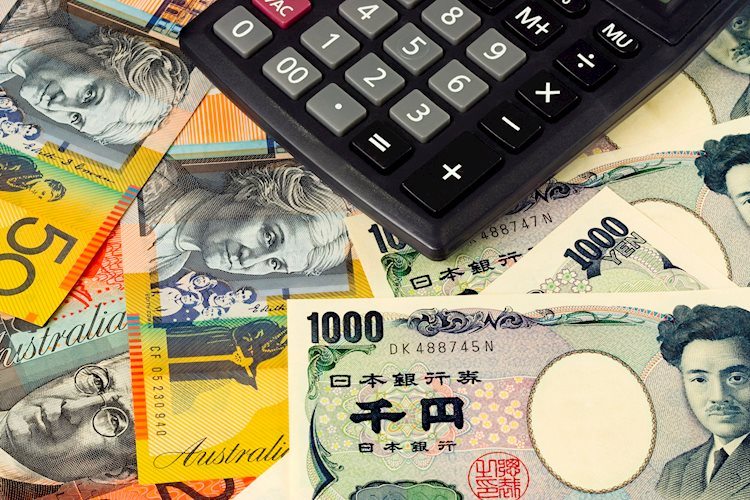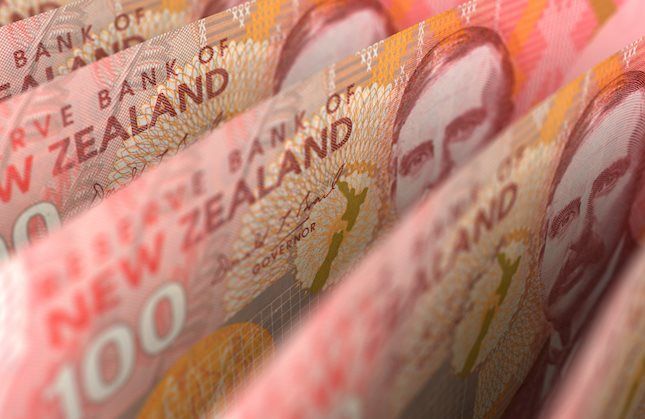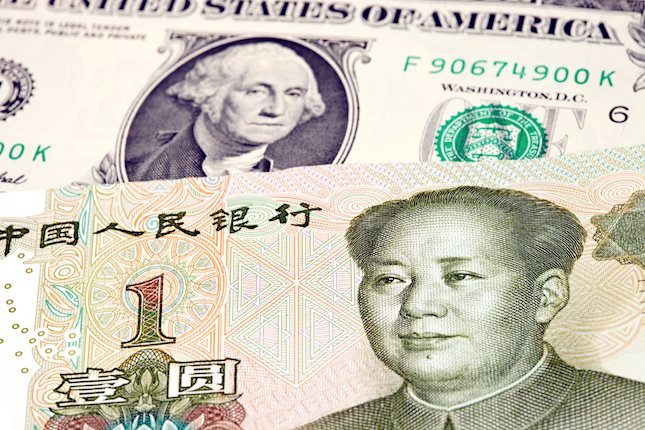AUD/JPY falls to near 100.50 following BoJ decision, awaits Governor Ueda's comments
- AUD/JPY experienced a decline following the Bank of Japan's decision to keep its short-term interest rate unchanged at 0.25%.
- BoJ Outlook Report for Q3 indicated to keep raising policy rates, provided the economy and prices align with its forecasts.
- Australia’s Retail Sales increased by 0.1% MoM in September, against the expected 0.3% and previous 0.7% growth.
AUD/JPY retraces its recent gains from the previous session, trading around 100.50 during Thursday's Asian hours. The decline in the AUD/JPY cross comes as the Japanese Yen (JPY) strengthens following the Bank of Japan's (BoJ) policy announcement. The BoJ opted to maintain its short-term interest rate target at 0.25% after concluding its two-day monetary policy review, a decision that aligned with market expectations for stability.
According to the BoJ Outlook Report for Q3, the central bank plans to continue raising policy rates as long as the economy and prices align with its forecasts, particularly given that real interest rates are currently very low. The Bank of Japan aims to conduct monetary policy with a focus on sustainably and stably achieving its 2% inflation target.
However, there are expectations that Japan's political landscape could necessitate expansionary fiscal policies, complicating the BoJ's ability to raise interest rates further. Concerns about potential government intervention, coupled with cautious market sentiment, are providing some support to the safe-haven Japanese Yen. Investors are now awaiting the post-meeting press conference, where comments from BoJ Governor Kazuo Ueda are anticipated.
On the AUD’s front, the seasonally adjusted Australian Retail Sales rose by 0.1% month-over-month in September, falling short of the expected 0.3% and significantly down from the 0.7% growth seen in the previous month. On a quarterly basis, Retail Sales increased by 0.5% in Q3, rebounding from a 0.3% decline in the prior quarter.
In addition, China's NBS Non-Manufacturing PMI increased to 50.2 in October, up from 50.0 in the previous month, although it fell short of market expectations of 50.4. Meanwhile, the NBS Manufacturing PMI rose to 50.1, surpassing the previous reading of 49.8 and slightly exceeding the forecast of 50.0. Given the close trade relationship between China and Australia, any shifts in the Chinese economy could significantly impact the Australian market.
Economic Indicator
BoJ Interest Rate Decision
The Bank of Japan (BoJ) announces its interest rate decision after each of the Bank’s eight scheduled annual meetings. Generally, if the BoJ is hawkish about the inflationary outlook of the economy and raises interest rates it is bullish for the Japanese Yen (JPY). Likewise, if the BoJ has a dovish view on the Japanese economy and keeps interest rates unchanged, or cuts them, it is usually bearish for JPY.
Read more.Last release: Thu Oct 31, 2024 02:48
Frequency: Irregular
Actual: 0.25%
Consensus: 0.25%
Previous: 0.25%
Source: Bank of Japan
Forex News
Keep up with the financial markets, know what's happening and what is affecting the markets with our latest market updates. Analyze market movers, trends and build your trading strategies accordingly.



















